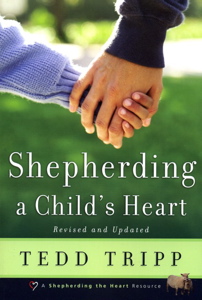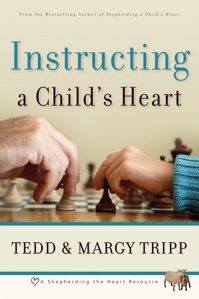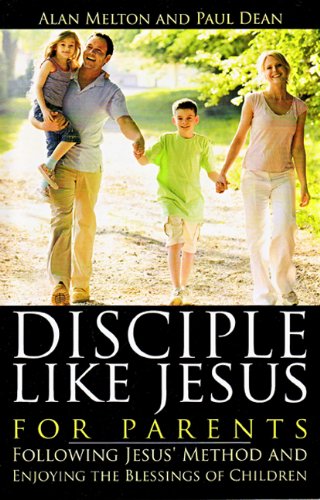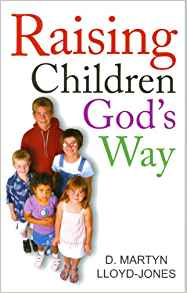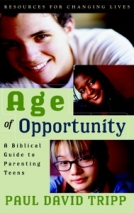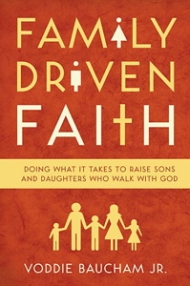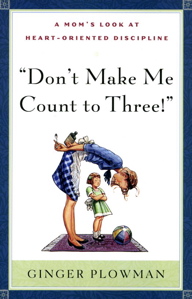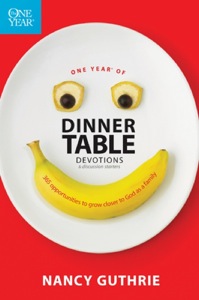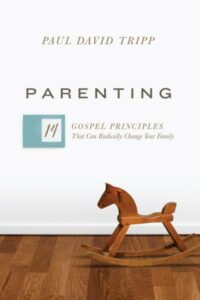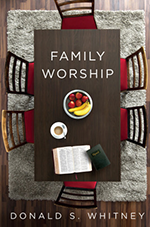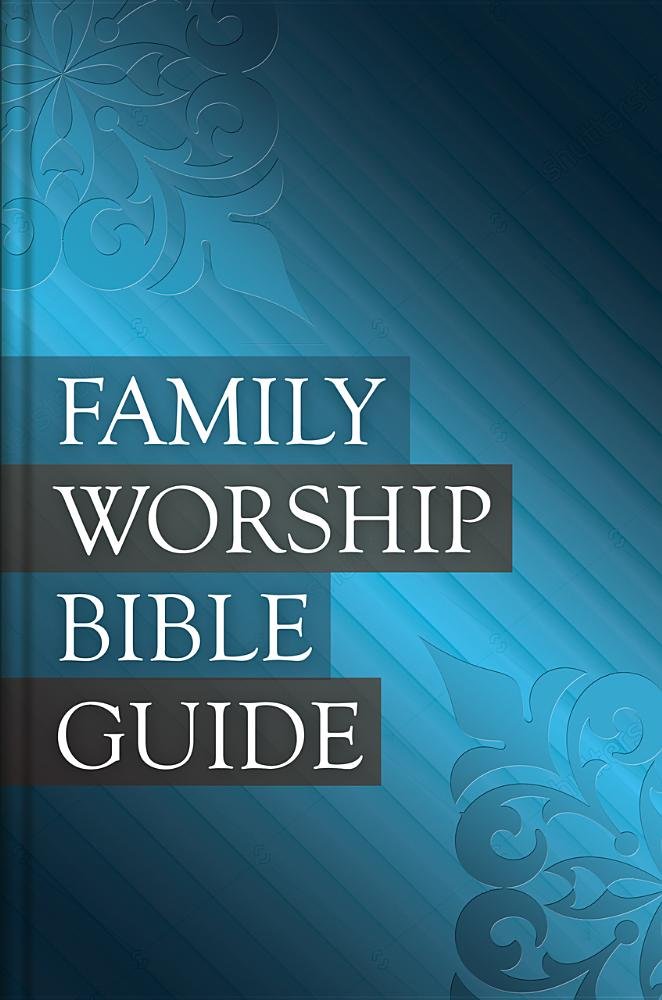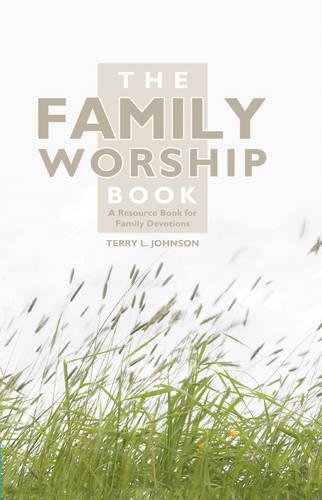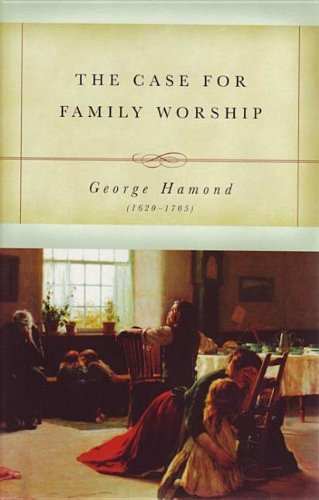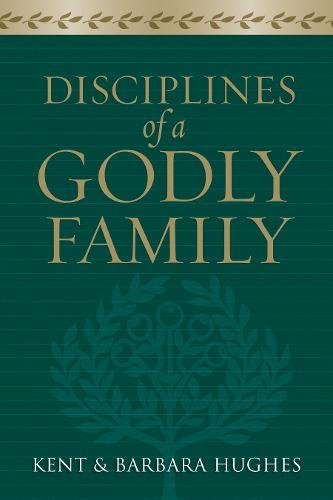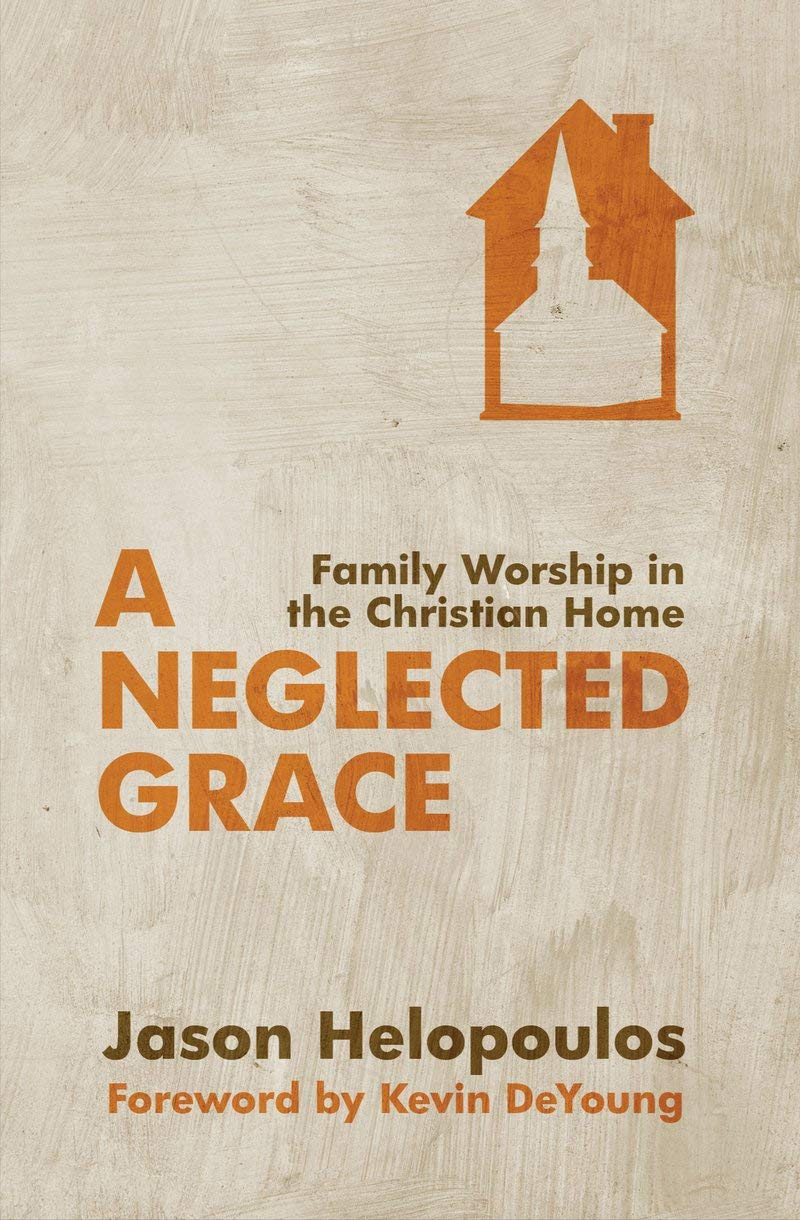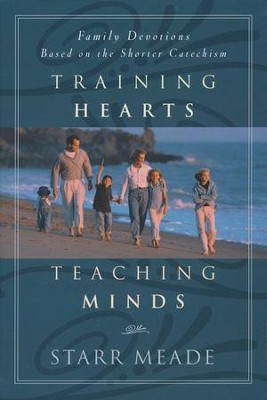New England was the laboratory of Puritan ideas. Throughout the 17th century leading English Puritans emigrated to New England in order to put their beliefs into practice freely. Oliver Cromwell himself, prior to rising to the command of the Puritan New Model Army in the English Civil War, had considered settling in New England. But even as the Protector of the English Commonwealth, he had neither the freedom nor the opportunity to shape an entire state and society along Puritan lines, as did his brethren in New England
The family, the church and the state were three arenas of an integrated Puritan vision of bringing about the kingdom of God in the New World. In many ways the Puritans viewed the family as the most important of the three arenas. In the words of historian Edmund S. Morgan, ‘If the family failed to teach its members properly, neither the state nor the church could be expected to accomplish much” (Edmund S. Morgan, The Puritan Family, p. 139).
The Puritans viewed family government, and therefore family worship, as an obligation of the Christian head of a household. The household included servants as well as wife and children. John Cotton related this responsibility to covenant headship: ‘If God made a Covenant, to be a God to thee and thine, then it is thy part to see it, that thy children and servants be God’s people” (John Cotton, The Way of Life [1641], cited in Morgan, p.7).
The Puritans also described the believer’s covenant with Christ in family language. Peter Bulkeley’s book The Gospel-Covenant (1651) was typical of their tendency to view the church’s relationship to Christ as a marriage covenant (See the Family and Theology File).
The Puritans viewed the male head of the household as the one Biblically responsible for commanding and instructing the family in the way of the Lord. Historians of New England agree on the prevalence of this pattern in the 17th century. According to the standard work on this subject: ‘Every morning immediately upon rising and every evening before retiring a good Puritan father led his household in prayer, in scriptural reading, and in singing of psalms’ (Morgan, pp. 136-137).
New England Puritans, like their counterparts in England and Scotland, did not view family worship as a rival to congregational worship, but rather as its complement: ‘Domestic instruction and worship was considered indispensable to the success of the weekly services in the church, for religion was too important a matter to be left to weekly lessons’ (Morgan, p. 139).
Historians also have observed that the Puritan family was expected not only to be a little church but a little school, and a little commonwealth. One of the leading new historians of the period affirms that ‘The family was regarded as a religious society with the obligations of group Scripture reading, prayer, and catechizing… Within the family the husband was without question the master. He was prince and teacher, pastor and judge in his household’ (Francis J. Bremer, The Puritan Experiment, p. 177).
New England Puritans understood the covenant responsibilities of heads of families as extending beyond their households, which included servants. Unlike other Puritans and most Presbyterians, they viewed all relationships in which the family head held influence to be under the covenant. Therefore, the condition of society also was his responsibility. Similarly, government was viewed as a proper agency for carrying out the church’s goals, even on family worship.
It was understandable that the distinction between church and state might be even more blurred in New England than in old England. The ‘Bible commonwealths’ of the Massachusetts Bay, Plymouth, Connecticut and New Haven were overwhelmingly settled by Puritans. Cotton Mather’s history of New England, The Great Works of Christ in America, is the classic exposition of the religious worldview of Puritan New England. He often speaks of the practice of family worship among founders of the Puritan colonies. Indeed, the first settlers of Salem entered into a covenant in 1629 ‘Promising also unto our best ability to teach our children and servants the knowledge of God, and of His Will, that they may serve Him also’ (Cited in Cotton Mather, The Great Works of Christ in America, Vol. I., p. 71). Cotton Mather recounts of Edward Hopkins, the governor of the Connecticut colony: ‘It was his manner to rise early, even before day, to enjoy the devotion of his closet; after which he spent considerable time in reading, and opening, and applying the word of God unto his family’ (Mather, Vol. I., pp. 146-147).
Theophilus Eaton was one of the founders in 1637 of the New Haven colony, the other colony in the bounds of today’s Connecticut. He also served as the first governor. Mather notes of Eaton: ‘It was his custom when he first rose in the morning, to repair unto his study; a study well perfumed with the meditations and supplications of an holy soul. After this, calling his family together, he would then read a portion of Scripture among them, and after some devout and useful reflections upon it, he would make a prayer, not long, but extraordinarily pertinent and reverent; and in the evening some of the same exercises were again attended’ (Mather, Vol. I., p. 153).
The Puritan emphasis on the spiritual leadership of the male head of the family was an important factor in the celebrated ‘Antinomian controversy’ concerning Anne Hutchinson. That wife of a prominent businessman, who is not otherwise mentioned in church matters, had begun to teach classes on the Bible at her home in the summer of 1635. At first only women attended. Cotton Mather criticizes her use of Titus 2:3-5 to justify this practice (Mather., Vol. II. p. 517). The classes soon included males, many of them important men in Boston.
Hutchinson’s rejection of the doctrine that the elect will evidence their election in their behavior is usually noted by commentators. However, her very practice of teaching, as well as its theological content, was contrary to the Puritan understanding of Biblical family headship. She was charged with trying to play the part rather of ‘a Husband than a Wife, and a preacher than a Hearer; and a Magistrate than a subject‘ (Morgan, p. 19).
The fact that this case became a civil matter, resulting in her exile from the colony, illustrates the New England Puritan view that heads of families who were magistrates were held accountable by God for doing everything in their power to secure the obedience of the citizenry to God’s law.
The case was more properly a matter for church discipline. However, the congregational polity of the New England Puritans and their view of the covenant shaped a response that gave the state a religious, however un-Biblical, interest in family and church matters, including teaching the Bible.
This article from Covenant Family (January 27, 1997; no. 15) is taken from the 1995 pamphlet Family and Government in Puritan New England. The article introduces the 17th century New England Puritan view of covenant headship and its effect on their practice of family worship.
